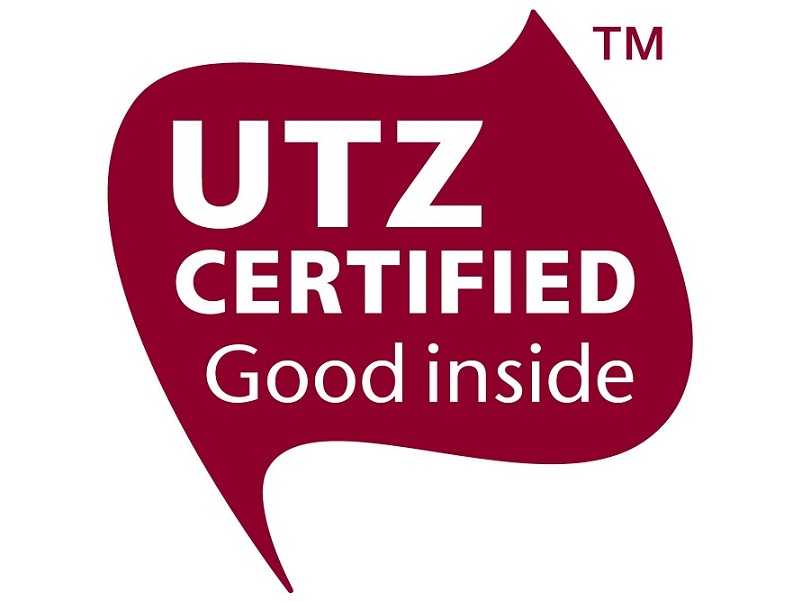The first UEBT/UTZ Certified herbal teas go on sale this month in Germany, as the world celebrates the International Day for Biological Diversity on 22 May. These herbal teas are based on and contribute to local biodiversity, by valuing the variety of plants around the world and promoting sustainable collection and farming practices.
Contributing to biodiversity conservation
Herbal teas are made of ingredients such as seeds (like anise seed), leaves (for example lemon balm or mint leaves), flowers (such as hibiscus or chamomile flowers) and fruits (like apples or rose hips).
They grow in fields and forests all over the world, both nearby and far away, from Germany to Chile to Indonesia. When collected or cultivated sustainably they make an important contribution to the conservation of our planet’s biodiversity.
The best of both worlds
To contribute to sustainable use of biodiversity and respond to the growing market interest for sustainable herbal teas, UEBT and UTZ Certified decided to join forces in 2013 to offer a joint program for herbal tea. UEBT has direct experience with specialty ingredients, as well as an assurance approach for this sector.
UTZ brings its traceability system, the UTZ label, and the link with its existing tea and rooibos program. The joint program enables companies to use the UTZ Certified logo for their entire range of tea products. No new label has been created for the joint UEBT/UTZ program.
Practices that respect people and planet
By participating in the UEBT/UTZ Herbal Tea program, companies and farmers take action to conserve local biodiversity. They apply responsible farming and collection methods and improve working conditions where necessary.
This helps to improve farming yields and income, as well as the living conditions of farmers and the quality of natural resources.
For example, the use of specialized harvesting and post-harvesting equipment has increased yields and product quality. Furthermore, careful selection and breeding of seed varieties improve quality and quantity of the products, for example by having higher oil content or a better taste.
Collectors of wild plants receive training on which plants can be collected when and how to respect the ecosystem by taking into account the recovery rate of the vegetation and not collecting the food of animals or endangered plants.
As some of the collectors are illiterate, illustrated brochures are used for instruction if needed. In remote areas living conditions for collectors are improved by realizing better housing, cooking- and washing facilities.


















